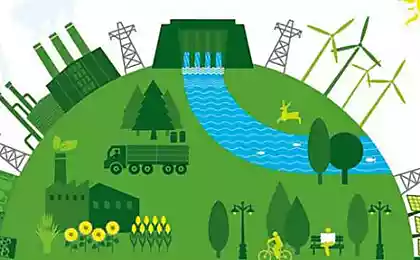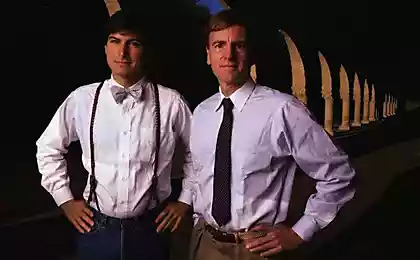201
Who benefits from burning food and expensive things when millions of people live in poverty?
While nearly 2 billion people are starving or malnourished, and more than 700 million people live in hopeless poverty, companies and governments routinely destroy mountains of food, brand-new clothing and technology. Like, and most importantly, why is this happening? Will the rational consumption that environmentalists say is necessary change the situation?
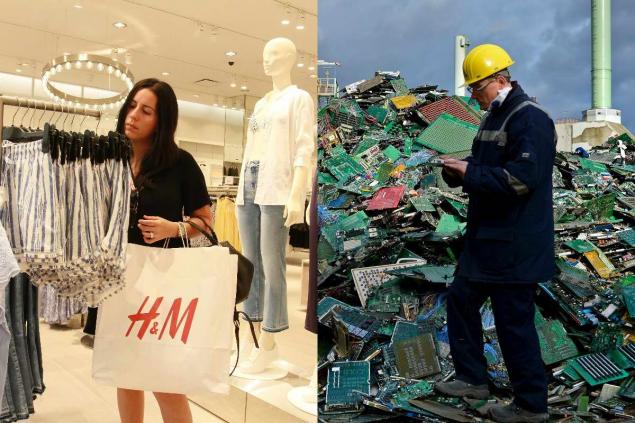
GettyImages Intelligent Consumption Advertising and marketing suggest to consumers that it's shameful to walk around with an old phone, the car needs to be changed every couple of years, and wearing the same blouse twice in a row is shameful. After all, business must grow, and for this we must buy, buy and buy.
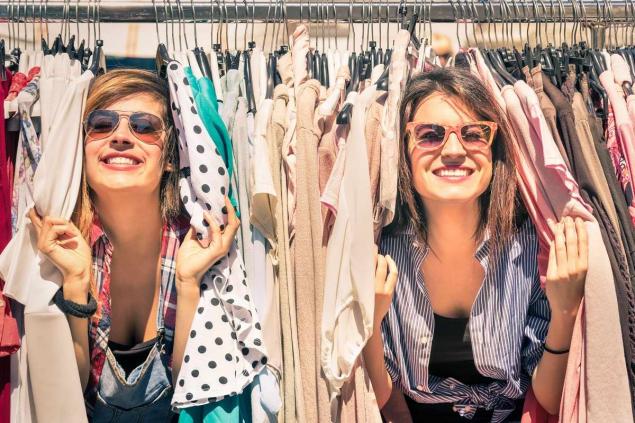
We have been taught that shopping is a great way to relieve stress, numb pain, assert ourselves, have fun, or express our individuality. But the joy of buying quickly passes, and unnecessary goods become more and more.
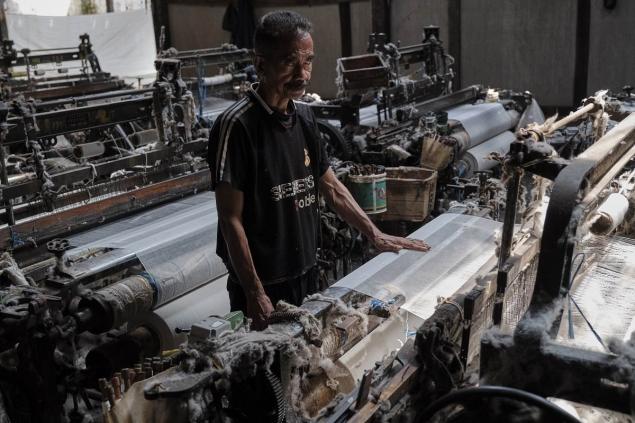
GettyImages In addition, the industry that produces them threatens the planet with climate change, resource depletion and pollution. Clothing produces billions of tons of greenhouse gases. And growing cotton and dyeing fabrics contaminate water with toxic chemicals, making it unsuitable for further use.
So how do we break the cycle of mass consumption? On the one hand, governments, corporations and international organizations are working on the problem. In 2005, the United Nations adopted a framework on reasonable consumption and production.
View this post on Instagram
A post shared by Azra Aya (@ayabecirovic)
Representatives of the fashion industry were also included in the process. In 2019, 150 leading brands (including Gucci, Chanel, Nike, Prada) signed a “Fashion Pact” aimed at combating greenhouse gas emissions, reducing production waste and using recycled materials.
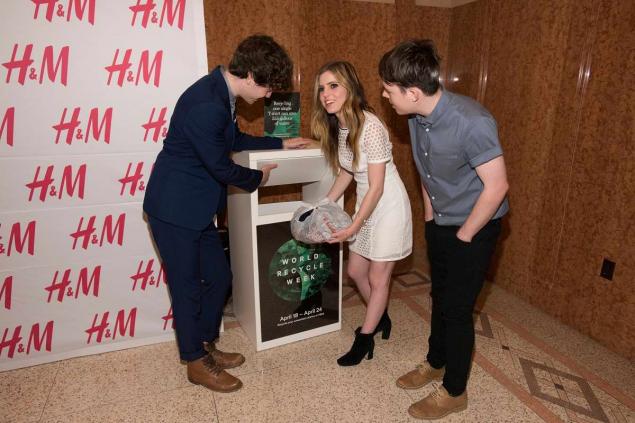
GettyImages On the other hand, anyone can start with themselves. To do this, you need to choose products that used less resources and energy. You should ignore advertising, plan expenses, get rid of everything superfluous, appreciate old, but quite serviceable things.
View this post on Instagram
A post shared by InfoCinema presents (@in.fo_kino)
In the end, you can start by not making new purchases for at least a month. Like the heroes of the German comedy "100 things and nothing extra", who found that the more a person is provided financially, the more he moves away from simple happiness.
Only for three years of the presidential decree of July 29, 2015 in Russia destroyed 26 thousand tons of food. Sanctioned cheeses, meat products, fruits are burned or crushed with a rink, and then buried.
They made an endless video about the destruction of food in Russia - geese in the trash, beef in the oven. /t.co/HkpbHGwsSQ pic.twitter.com/8bIDA7K5X4
— Meduza (@meduzaproject) August 12, 2015
And this is not only domestic realities. For example, French farmers routinely destroy imported cheeses and fish to protest low prices for local produce. Counterfeit and substandard food is burned in China.
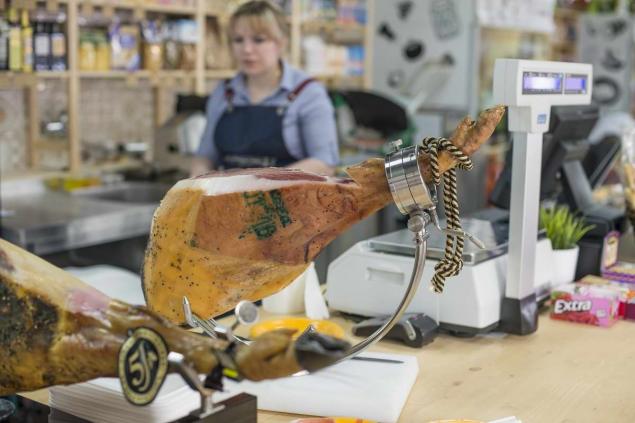
Even more overdue food ends up in landfills from supermarkets. By some estimates, up to 20%. Of course, they could be distributed to those in need. But this contradicts the regulations of the Customs Union “On Food Safety” and the federal law “On Food Quality and Safety”. Therefore, it is easier and safer to bury.
The dirty secret of the fashion industry, as you know, the lady is windy and changeable. And high fashion is even more so. What to do with last year’s unsold collection? If sold at reduced prices, it can negatively affect sales of the new collection. Should I give it to the poor? But would a rich man want to pay thousands of dollars for a thing if he saw it on a poor man?

GettyImages So the solution is one: burn. For example, the British luxury brand Burberry burns clothes for 20-30 million dollars annually. The surplus is also regularly destroyed by Louis Vuitton, Nike, Michael Kors and others. According to environmentalists, in the process of burning clothes, more greenhouse gases enter the atmosphere annually than from air transport and sea transportation combined.
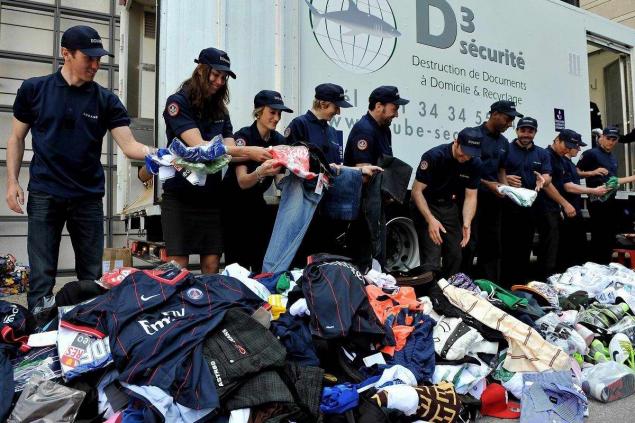
However, albeit slowly, change for the better is still making its way. In 2019, the French government passed a law banning the destruction of unsold clothing. Now all of it has to be recycled. Under the influence of eco-activists went back and Burberry. They said they would “abandon the environmentally harmful practice of destroying things.”
In 2018, it became known that the largest American online store Amazon destroys a huge amount of both new and returned goods in Germany. One of the employees of Amazon said that daily destroyed goods worth tens of thousands of euros.
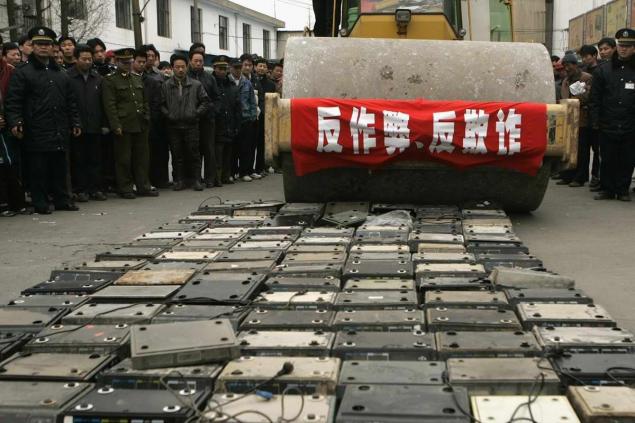
It’s a huge scandal, we consume these resources despite all the problems in the world. This approach does not keep pace with the times, commented German Nature Minister Jochen Flasbart. Amazon does not dispute that it destroys goods. But the company does not know what to do with goods that can not be sold, resold or donated.

As you can see, every minute around the world, tons of clothes, appliances and food are being destroyed that could change someone’s life for the better. Reasonable consumption could change the situation. In addition to environmental benefits, it saves money on really important things, getting the most benefits immediately.
The article and the preview used photos.

GettyImages Intelligent Consumption Advertising and marketing suggest to consumers that it's shameful to walk around with an old phone, the car needs to be changed every couple of years, and wearing the same blouse twice in a row is shameful. After all, business must grow, and for this we must buy, buy and buy.

We have been taught that shopping is a great way to relieve stress, numb pain, assert ourselves, have fun, or express our individuality. But the joy of buying quickly passes, and unnecessary goods become more and more.

GettyImages In addition, the industry that produces them threatens the planet with climate change, resource depletion and pollution. Clothing produces billions of tons of greenhouse gases. And growing cotton and dyeing fabrics contaminate water with toxic chemicals, making it unsuitable for further use.
So how do we break the cycle of mass consumption? On the one hand, governments, corporations and international organizations are working on the problem. In 2005, the United Nations adopted a framework on reasonable consumption and production.
View this post on Instagram
A post shared by Azra Aya (@ayabecirovic)
Representatives of the fashion industry were also included in the process. In 2019, 150 leading brands (including Gucci, Chanel, Nike, Prada) signed a “Fashion Pact” aimed at combating greenhouse gas emissions, reducing production waste and using recycled materials.

GettyImages On the other hand, anyone can start with themselves. To do this, you need to choose products that used less resources and energy. You should ignore advertising, plan expenses, get rid of everything superfluous, appreciate old, but quite serviceable things.
View this post on Instagram
A post shared by InfoCinema presents (@in.fo_kino)
In the end, you can start by not making new purchases for at least a month. Like the heroes of the German comedy "100 things and nothing extra", who found that the more a person is provided financially, the more he moves away from simple happiness.
Only for three years of the presidential decree of July 29, 2015 in Russia destroyed 26 thousand tons of food. Sanctioned cheeses, meat products, fruits are burned or crushed with a rink, and then buried.
They made an endless video about the destruction of food in Russia - geese in the trash, beef in the oven. /t.co/HkpbHGwsSQ pic.twitter.com/8bIDA7K5X4
— Meduza (@meduzaproject) August 12, 2015
And this is not only domestic realities. For example, French farmers routinely destroy imported cheeses and fish to protest low prices for local produce. Counterfeit and substandard food is burned in China.

Even more overdue food ends up in landfills from supermarkets. By some estimates, up to 20%. Of course, they could be distributed to those in need. But this contradicts the regulations of the Customs Union “On Food Safety” and the federal law “On Food Quality and Safety”. Therefore, it is easier and safer to bury.
The dirty secret of the fashion industry, as you know, the lady is windy and changeable. And high fashion is even more so. What to do with last year’s unsold collection? If sold at reduced prices, it can negatively affect sales of the new collection. Should I give it to the poor? But would a rich man want to pay thousands of dollars for a thing if he saw it on a poor man?

GettyImages So the solution is one: burn. For example, the British luxury brand Burberry burns clothes for 20-30 million dollars annually. The surplus is also regularly destroyed by Louis Vuitton, Nike, Michael Kors and others. According to environmentalists, in the process of burning clothes, more greenhouse gases enter the atmosphere annually than from air transport and sea transportation combined.

However, albeit slowly, change for the better is still making its way. In 2019, the French government passed a law banning the destruction of unsold clothing. Now all of it has to be recycled. Under the influence of eco-activists went back and Burberry. They said they would “abandon the environmentally harmful practice of destroying things.”
In 2018, it became known that the largest American online store Amazon destroys a huge amount of both new and returned goods in Germany. One of the employees of Amazon said that daily destroyed goods worth tens of thousands of euros.

It’s a huge scandal, we consume these resources despite all the problems in the world. This approach does not keep pace with the times, commented German Nature Minister Jochen Flasbart. Amazon does not dispute that it destroys goods. But the company does not know what to do with goods that can not be sold, resold or donated.

As you can see, every minute around the world, tons of clothes, appliances and food are being destroyed that could change someone’s life for the better. Reasonable consumption could change the situation. In addition to environmental benefits, it saves money on really important things, getting the most benefits immediately.
The article and the preview used photos.
What does actress Emilia Spivak live that at 39 years without children and not married
Disappointed by the daughter-in-law who put her grandson in kindergarten, although he did not feel well
